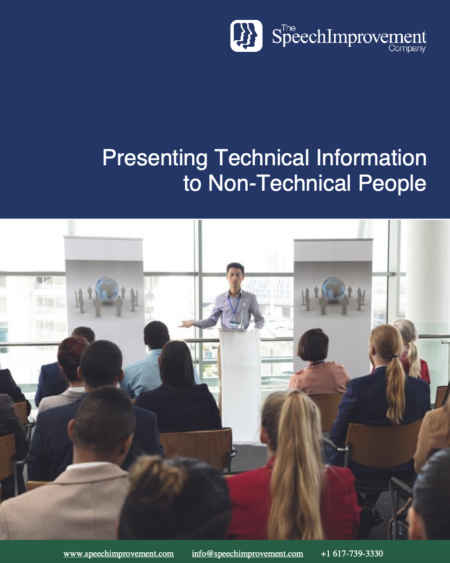That’s the title of an insightful article from The New York Times by Aneesh Raman and Maria Flynn. It states “A.I. could usher in a world of work that is anchored more, not less, around human ability.” As speech coaches, we can only respond with “Whew!”
Fascinated, we turned to A.I. and asked ChatGPT to summarize it. Here’s what we got:
The article discusses a significant shift in the skills valued in the economy, driven by advancements in artificial intelligence (A.I.). While technical skills have been highly sought after, they are increasingly susceptible to automation by A.I. On the other hand, “soft skills” such as communication, empathy, and critical thinking are becoming more crucial and durable in the workforce.
It highlights the need to rethink workforce training, moving away from an overemphasis on technical skills like coding and data analysis. Despite the current focus on technical education due to its perceived competitiveness in the job market, there’s a growing realization of the importance of human-centric skills.
The emergence of generative A.I. is expected to impact various professions, potentially affecting all types of work to some extent. As A.I. takes over routine tasks, it’s predicted that future job roles will focus more on collaboration and communication, emphasizing people skills.
The article emphasizes the need to recognize and prioritize human capabilities in the age of A.I., rather than succumbing to fears about job displacement. It stresses the importance of people skills in effectively working with A.I. systems and underlines the demand for such skills across industries.
Leaders across sectors are urged to develop new educational approaches that align with the evolving demands of the economy, placing equal importance on training in people skills alongside technical skills. This involves reevaluating the prioritization of science and engineering over humanities in education.
Employers are encouraged to invest in educating employees not only in A.I. tools but also in people skills and interpersonal collaboration. The shift towards valuing human potential alongside A.I. could lead to increased equity in the workforce and broader societal benefits.
Ultimately, the article suggests that the future economy will be characterized by a “relationship economy,” where people skills and social abilities are paramount. This shift calls for a reimagining of what is possible for humans, both individually and collectively, and underscores the importance of investing in and valuing human capabilities.
As speech coaches, we work on refining these tools. It’s about creating muscle memory and a good coach can help you build that.
You can find the article here: https://www.nytimes.com/2024/02/14/opinion/ai-economy-jobs-colleges.html





